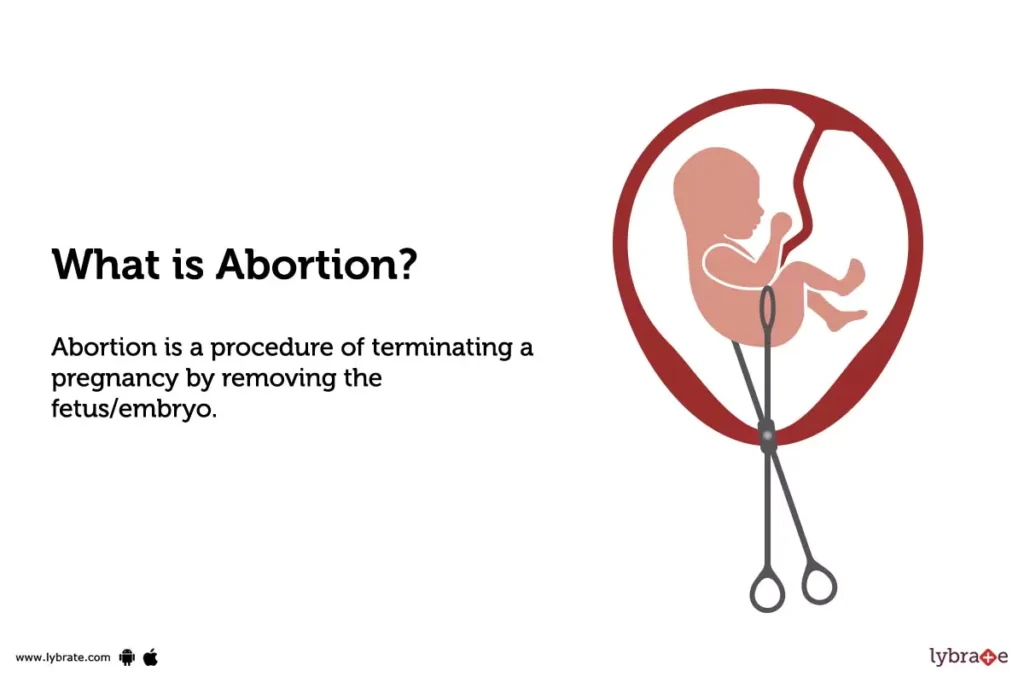According to statistics, In 2023 the contraceptive prevalence rate in Nigerian women stood at 16 percent instead of the 22 percent that was aimed at. This mostly led to unwanted pregnancy which subsequently resulted in abortion.
As if having an abortion is not dangerous enough, the attitude of most Nigerians towards abortion is that of negligence and a lackadaisical one. They either go for over the counter “abortion medications” or employ the services of unqualified medical practitioners for the process.
Unsafe abortions are quite rampant in Nigeria and the end result is usually deaths, infections or future complications.
Speaking on this, Professor Oluwarotimi Akinola, a professor of obstetrics and Gynaecology at the Lagos State University stated that the recent data taken has shown that 1.2- 1.3 million abortions happen in Nigeria with about a 2/3 of them being unsafe.
In his words he said “ We have sporadic data on whether unsafe abortion was increasing or not. But because the population has been increasing, there is no reason to expect that it is reducing. The laws guiding abortion have not changed, the attitude to unsafe abortion has also not changed and our contraceptive prevalence rate has been abysmally low because we have been aiming for at least 22 per cent of all women who need contraceptives to have access to them but that has not been achievable for a while.”
He also stated that parts of the side effects of abortion included complications, injuries and infection all of which could lead to death and are a major contributor to the prevalence of high maternal mortality rate and female infertility rate in the country.
He further said “As regards infertility, when the injury takes place, infection sets in. In most instances, when an unsafe abortion is complicated by infection, the birth canal is damaged, leading to obstruction at different levels, particularly at the fallopian tube end. That way, the sperm and the egg can’t meet. That would be a mechanical understanding of why unsafe abortion would contribute to infertility in the long term.”
Professor Akinola also advised that the safest way to stop this pandemic of unsafe abortion practices in the country and its consequences is through increasing access to contraceptives in the country and by also adjusting the laws guiding abortion process in Nigeria. He said “ When they liberalize the abortion law, it doesn’t increase the abortion rate but the laws are restrictive so that abortions can’t be procured legally. So, there must be an increase in the contraceptive prevalence rate.
“Unfortunately, there has been no success in that area, the unmet needs are high and the contraceptive prevalence rate is low. This means that people are not using contraceptives to prevent pregnancies and if they get pregnant, the law does not permit them to terminate it legally and this is a problem.”
Additionally, he also warned about the dangers of an increase in Maternal Mortality and Female Infertility if the government doesn’t act swiftly on increasing contraceptive prevalence in the country and also adjust the laws guiding abortion process in Nigeria.
He urged the Nigerian government to step up to this as it has mostly always been non- governmental organizations in the country that has been trying to bridge this gap.


